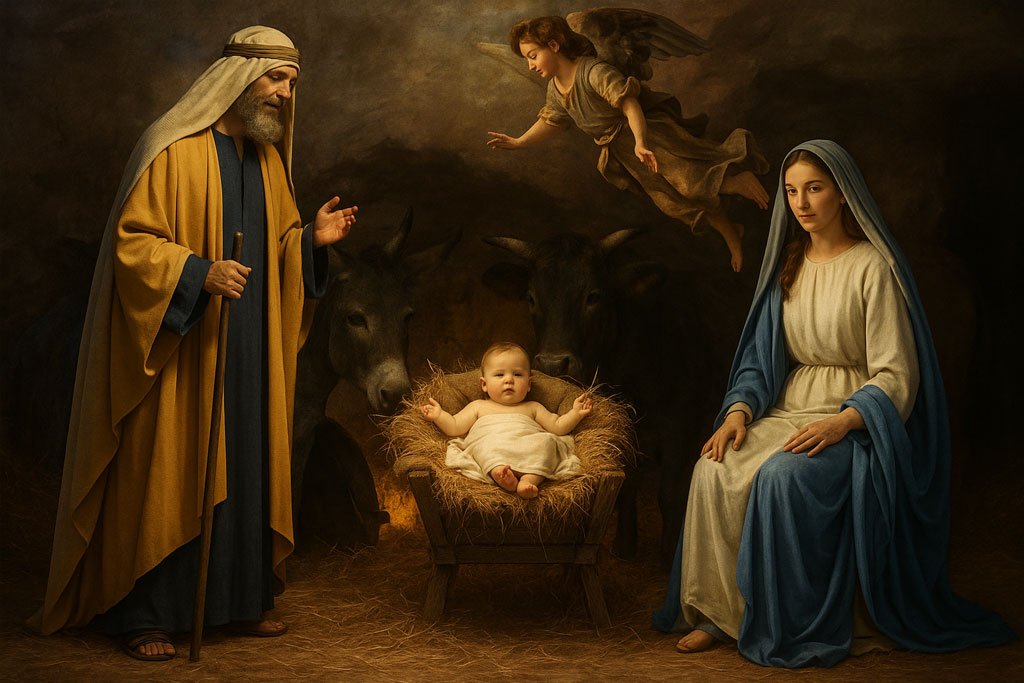Most of the churches of the Syriac Orthodox Patriarchate of Antioch and All the East celebrate Christmas on December 25; at the Church of the Nativity in Bethlehem, however, the Syriac Orthodox celebrate Christmas on January 6 with the Armenian Apostolic Church. Congregations of the Coptic Orthodox Church of Alexandria follow the date of December 25 on the Julian calendar, which corresponds to Khiak 29 on the ancient Coptic calendar.
Contemporary Customs In Other Areas
With the spread of Christianity beyond Europe and North America, the celebration of Christmas was transferred to societies throughout the non-Western world. In many of these countries, Christians are not the majority population, and, therefore, the religious holiday has not become a cultural holiday. Christmas customs in these societies thus often echo Western traditions because the people were exposed to Christianity as a religion and cultural artifact of the West.
Girls holding candles and singing in front of a Christmas tree in Seoul.You Sung-Ho—Reuters/Newscom
In South and Central America, unique religious and secular traditions mark the Christmas celebration. In Mexico, on days leading up to Christmas, the search of Mary and Joseph for a place to stay is reenacted, and children try to break a piñata filled with toys and candy. Christmas is a great summer festival in Brazil, including picnics, fireworks, and other festivities as well as a solemn procession of priests to the church to celebrate midnight mass.
In some parts of India the evergreen Christmas tree is replaced by the mango tree or the bamboo tree, and houses are decorated with mango leaves and paper stars. Christmas largely remains a Christian holiday and is otherwise not widely observed.
Japan serves as illustration of a different sort. In that predominantly Shintō and Buddhist country, the secular aspects of the holiday—Christmas trees and decorations, even the singing of Christmas songs such as “Rudolph the Red-Nosed Reindeer” or “White Christmas”—are widely observed instead of the religious aspects.
Hans J. HillerbrandThe Editors of Encyclopaedia Britannica
LEARN MORE in these related Britannica articles:
